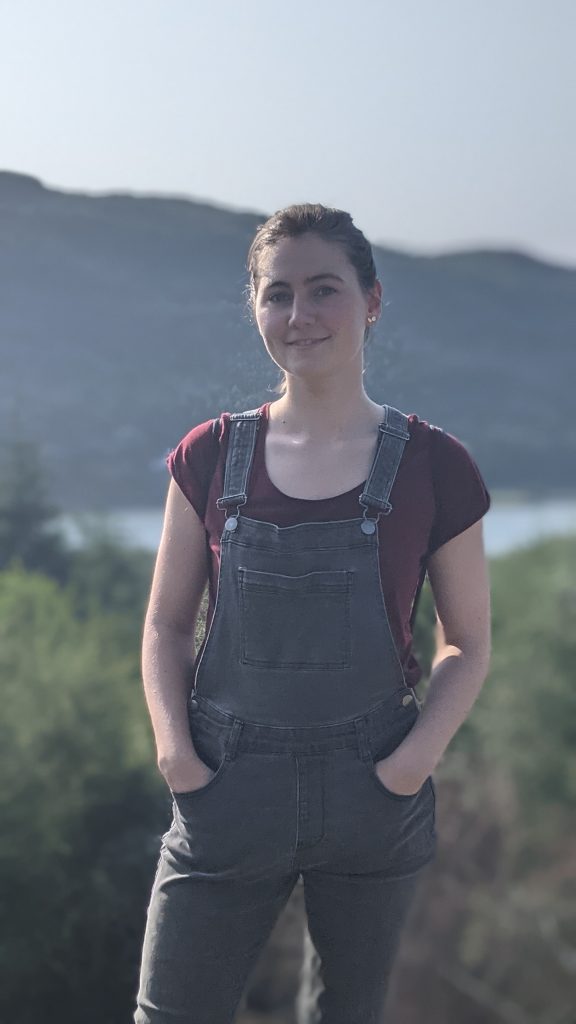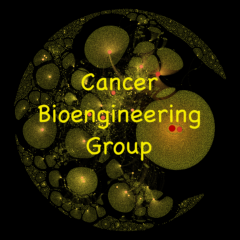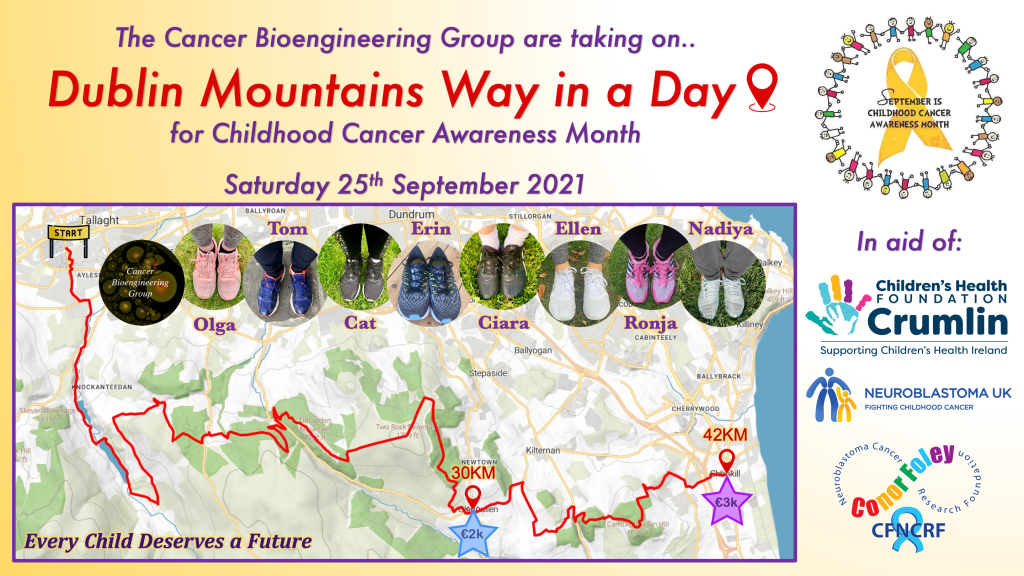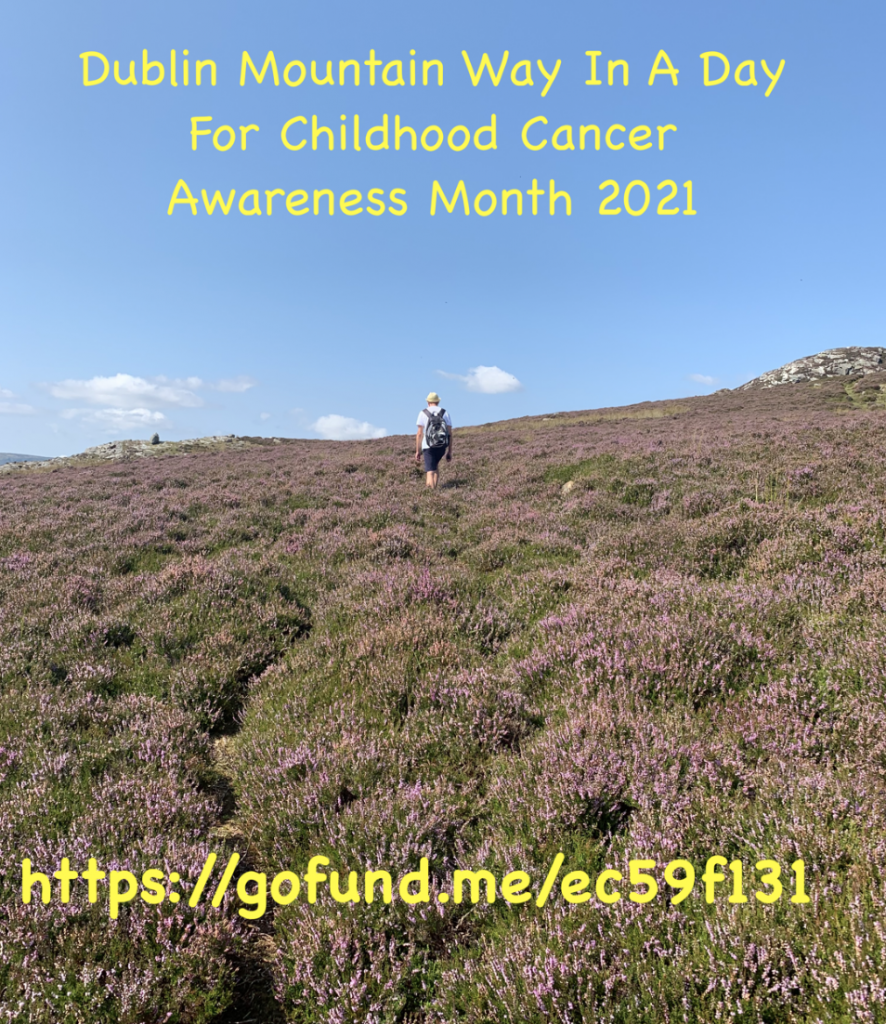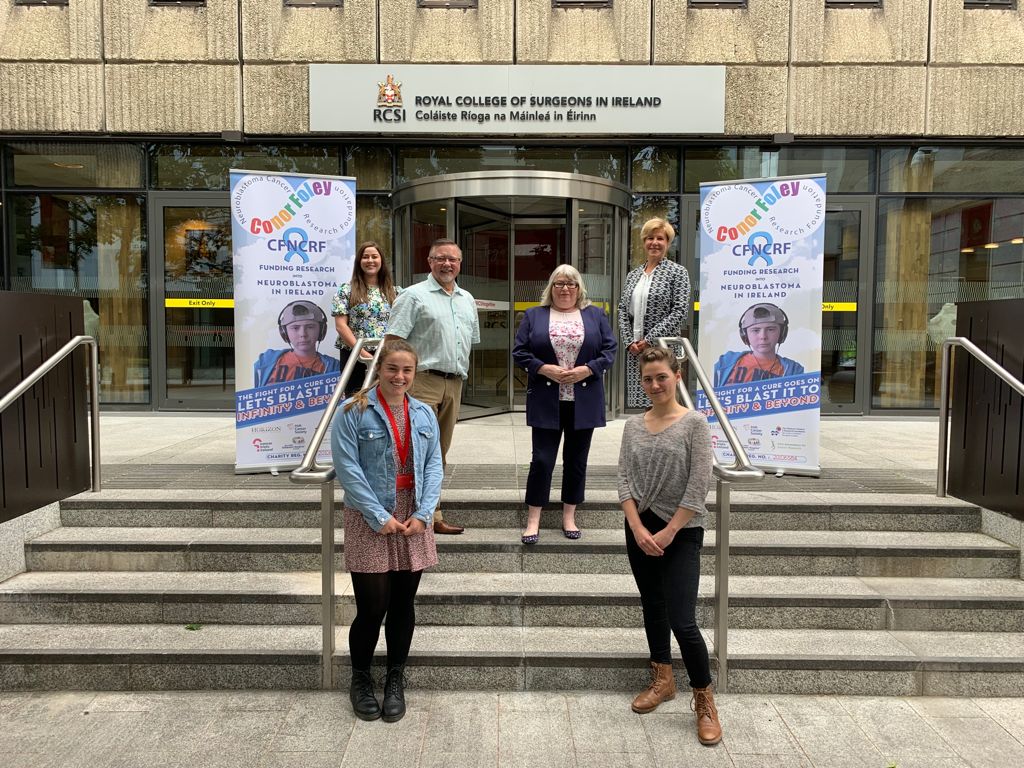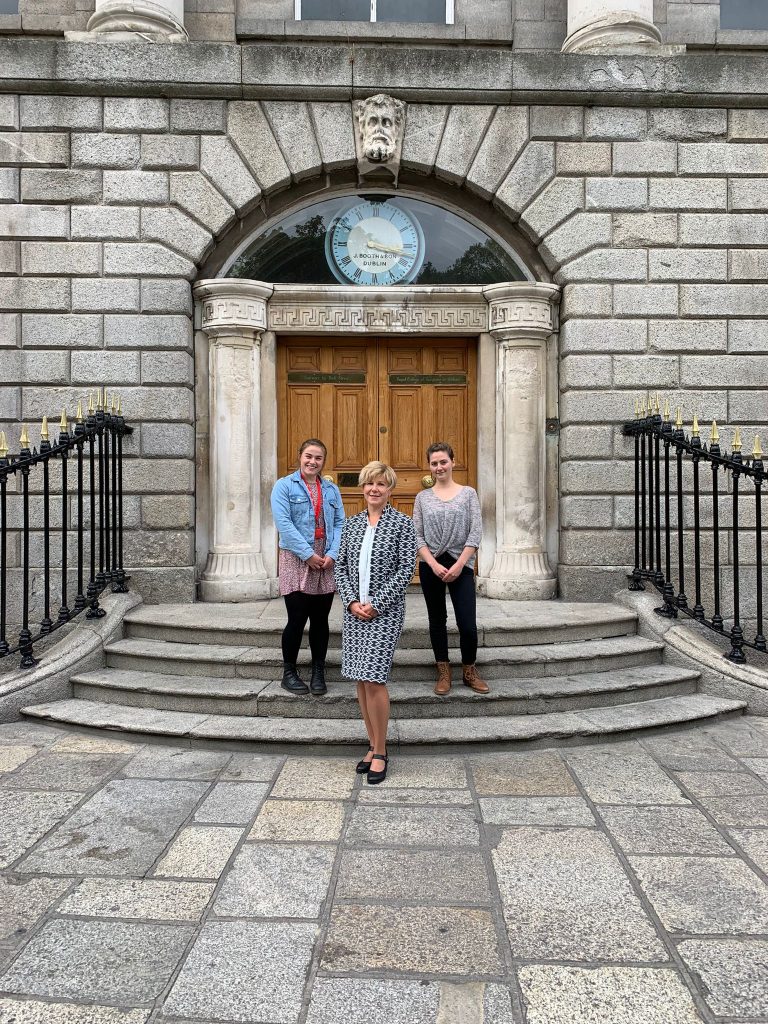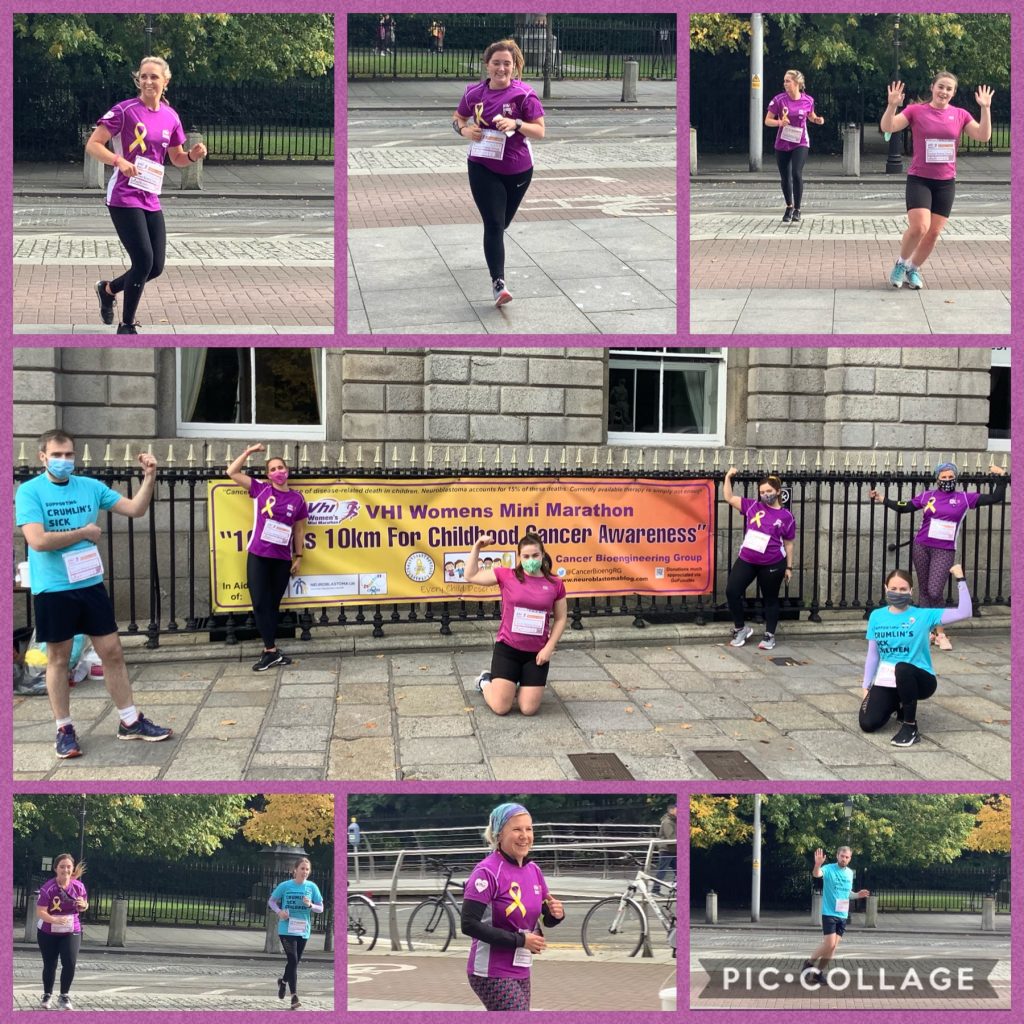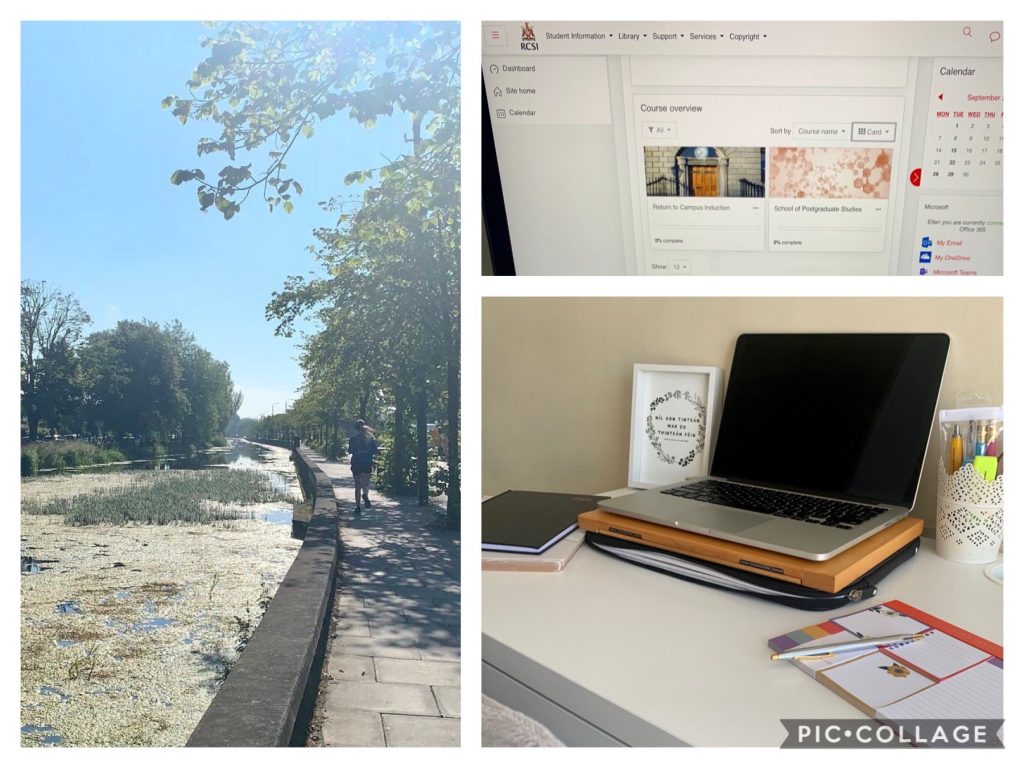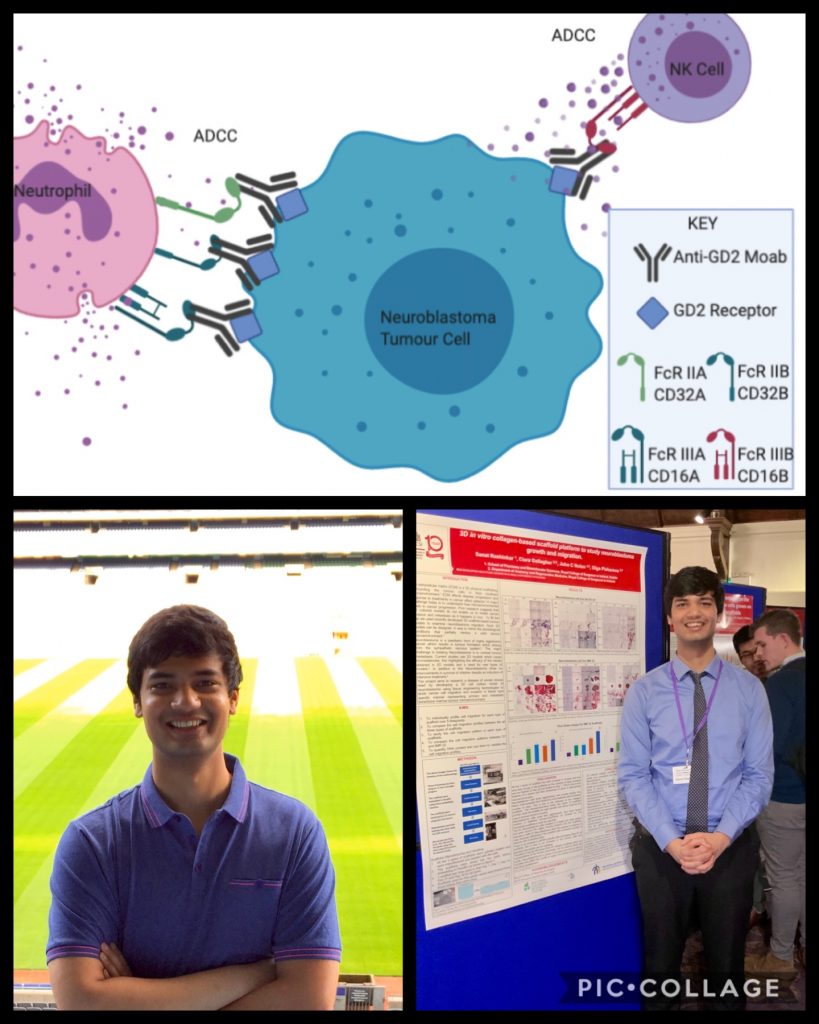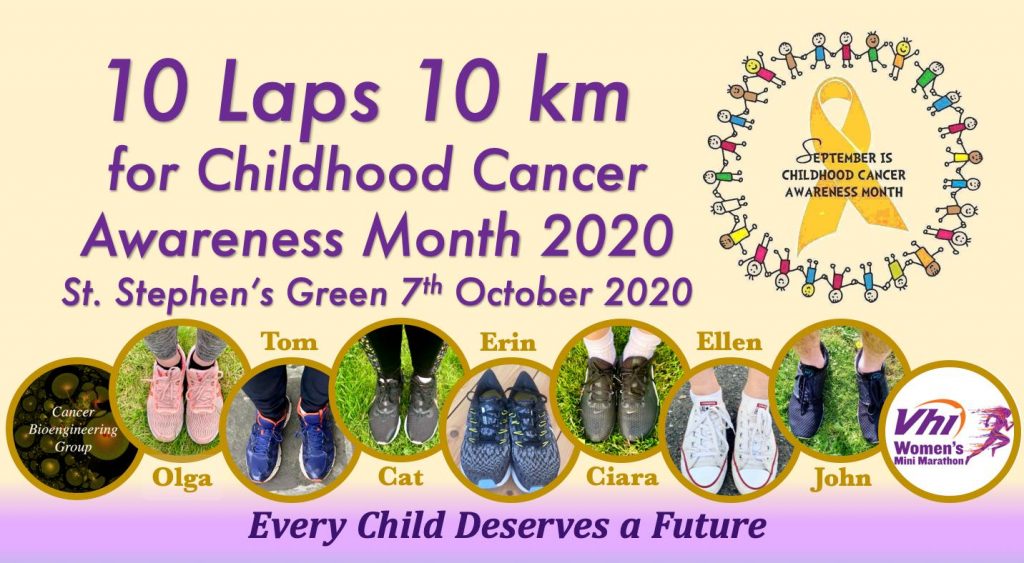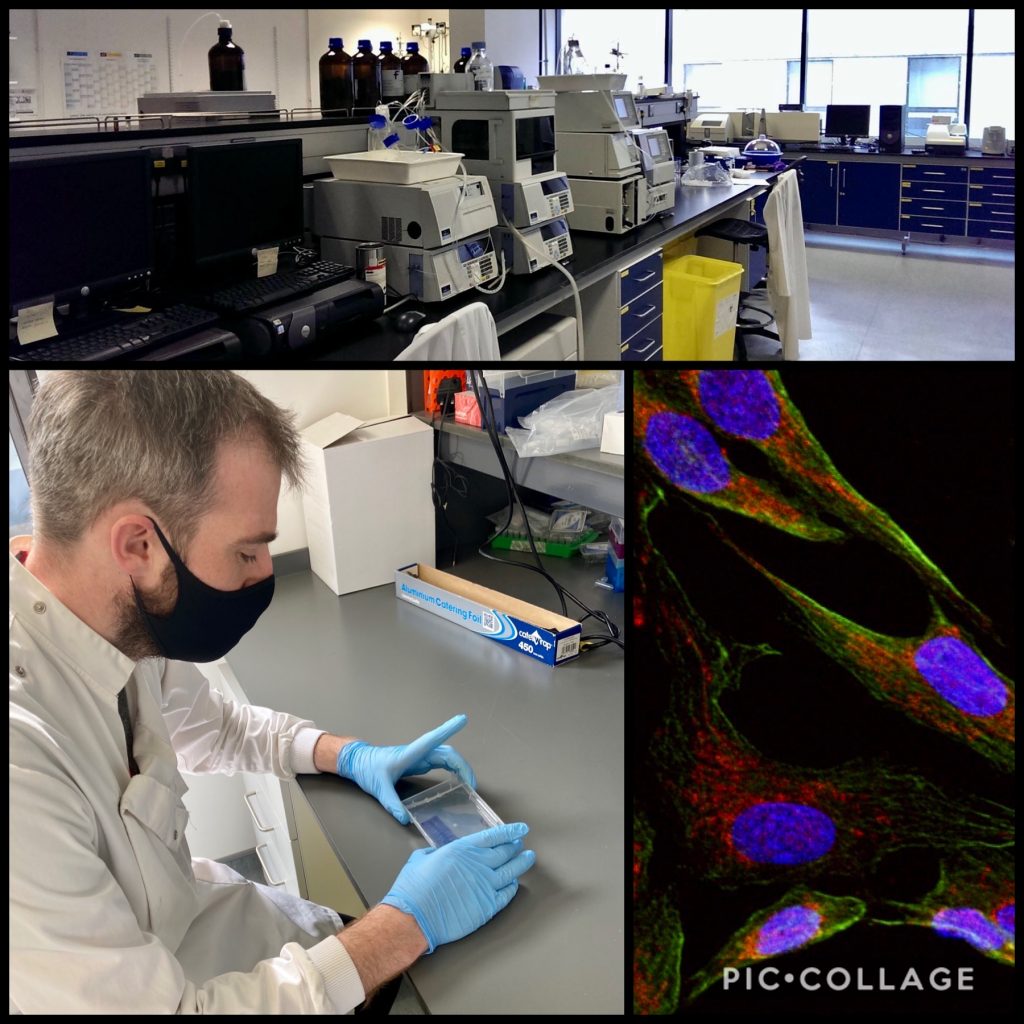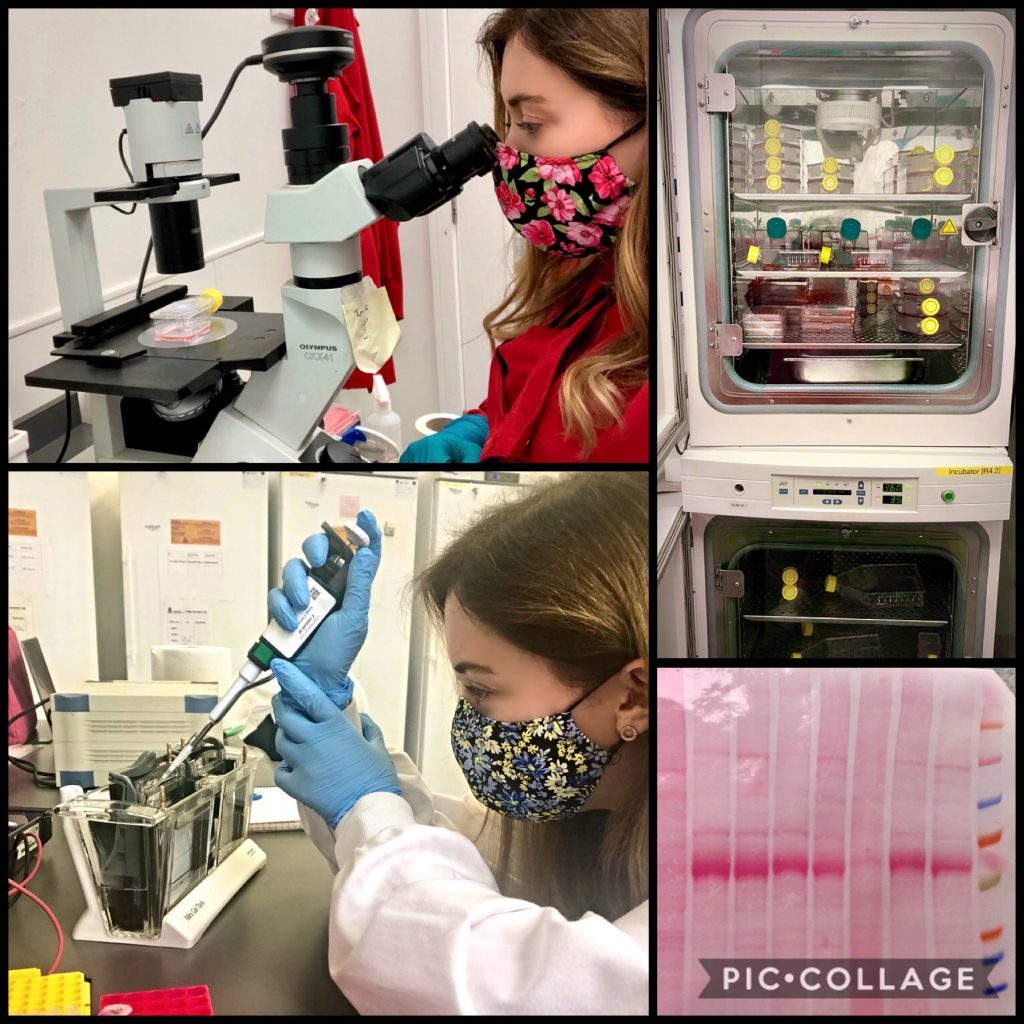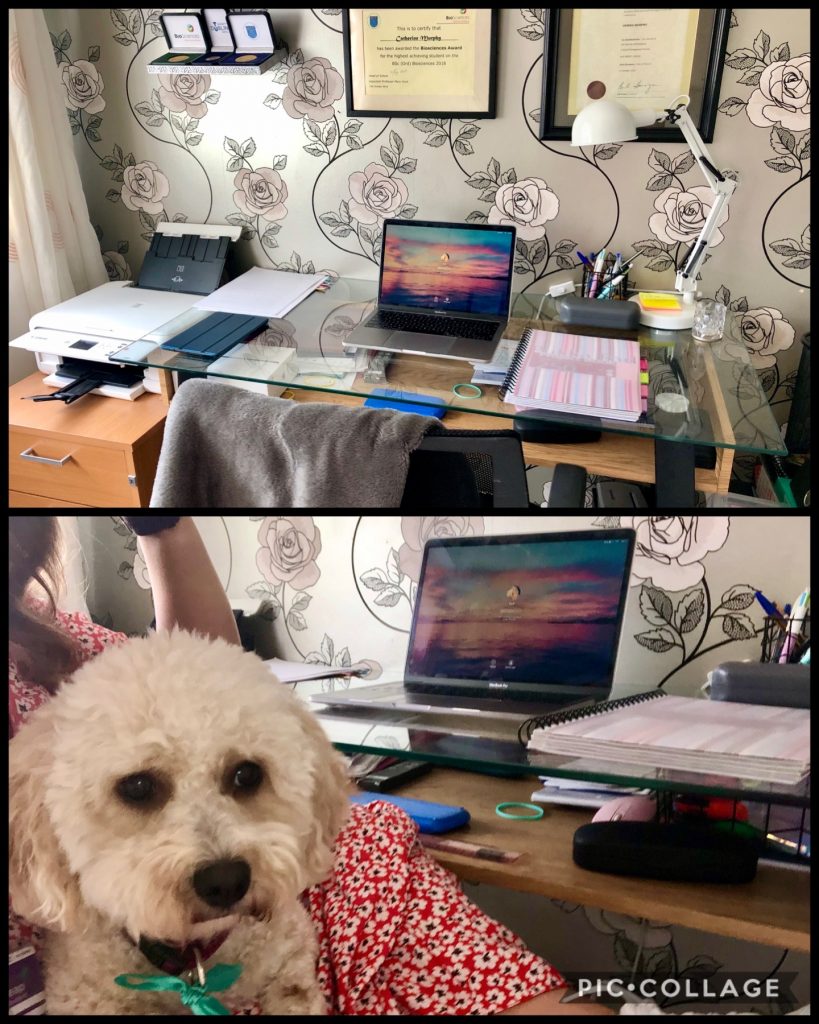I’m Ronja, I’m from Germany, but have spent my entire adult life in the English-speaking parts of this world. Right after school, I interned with a PhD student working on cystic fibrosis for a couple of months. Having the chance to culture airway epithelial cells myself made me certain I was on the right track with biomedical sciences. So, I studied Biomedical Sciences (Anatomy) in Aberdeen. The best part of that degree was my introduction to dissections. I enjoyed them so much that I even considered becoming a full-time prosector. But that does not count as essential work, so I found a remote master’s degree in Health Research instead. Studying remotely gave me the fabulous opportunity to structure my own time. I could go and explore Scotland during the day and work in the evenings. But after 5 years of studying, I was finally ready to start a PhD and was ever so delighted when I heard I could weave in some dissections at RCSI. Now, I’m looking forward to discovering what Dublin has to offer and to getting stuck in my research project!
While I didn’t know much about the particulars of my PhD before starting, I had an idea about the project from the application and I knew accommodation was sorted out for me, but I had never seen the place or my future flatmates. The one thing that I was made aware of far in advance of moving to Dublin was that September was Child Cancer Awareness Month, for which the team was going to do a charity event. Based on past years I was expecting it to be a 10km run, which was pretty daunting to me. So, I prepared. I started running and cycling over the summer until 10km weren’t an issue anymore. But in the first lab meeting plans shifted. We were going to do the Dublin Mountains Way in a day. The 10km were tripled and depending on donations maybe even quadrupled. Quite a different challenge! But I believe my summer prepared me well for that too. Alongside running I started cycling a little as well. And because there was a free bike in Aberdeen for me, I cycled it down to Stirling. Let’s hope that the endurance needed to cycle 200km translate to hiking 30-42km!
